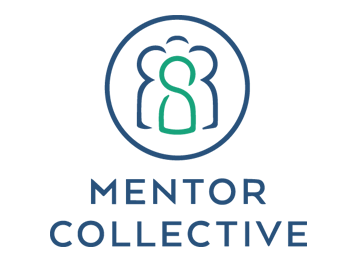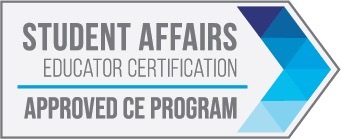
Harness the Power of Mentorship: Best Practices to Drive First-Generation Student Success
- Registration Closed
Sponsored Session: Mentor Collective
Billions are invested annually in student services, but many students never access them. As the value of higher education is increasingly scrutinized, institutions can not afford to have underused services. To address this, institutions are harnessing the power of mentorship to dismantle barriers hindering first-generation students from accessing student support services.
Effective mentorship programs employ diverse strategies to offer guidance and assistance. With intentional connections, mentors draw from their journeys of perseverance and direct mentees to tailored resources for specific challenges. Presenters will share how an intentionally designed mentorship program enhances first-generation students' sense of belonging and steers them toward the experiences and resources that help them thrive in and beyond college.
Learning Outcomes
1. Explore the relationship between students’ sense of belonging, peer connections, and students’ use of campus resources as essential components to embedding an institutional culture of care.
2. Consider tools for measuring students’ sense of belonging and learn how a deeper understanding of students’ socio-emotional state can be harnessed in practice to drive first-generation student success outcomes and demonstrate the value of higher education to current and future students.
3. Examine how the University of Wisconsin, Green Bay, Georgia Tech, and Duke University have leveraged the high-impact practice of mentorship to institutionalize a culture of care without added administrative burden.
About Mentor Collective
Mentor Collective, an education technology provider, drives student belonging and retention through research-backed, scalable peer mentorship solutions. Supported by the Lumina Foundation, Mentor Collective's proprietary approach to student success brings student insights to the forefront of strategic planning. The company partners with 180+ institutions to unlock the transformative power of peer relationships and catalyze student success practices with actionable peer insights.

Kathryn Marten
Student & Community Engagement Coordinator for the Cofrin School of Business
UW-Green Bay
Annemieke Rice
Vice President of Partner Success
Mentor Collective
Continuing Education Credits
This session counts for 1.0 CSAEd-CORE credit
NASPA has been approved by the Higher Education Consortium for Student Affairs Certification to provide CE credit for Certified Student Affairs Educators (CSAEd). NASPA is solely responsible for all aspects of this program.
Guidelines for earning CE credit:
No partial credit will be rewarded.
Credit is available for attending the live session or viewing the on-demand recording, not both. While on-demand is available to registrants for 365 days, CSAEd credits and certificates must be retrieved no longer than 60 days after the event (June 7, 2024).
To receive CSAEd credit, attendees must complete the feedback survey that offers the certification in each session. Once you have attended all the live sessions or watched the on-demand sessions for which you would like to request credit, visit the Continuing Education (CE) website to fill out the Student Affairs Education Certification Request Form for all the sessions. All certificants must fill out one for the live session and a separate one for the on-demand sessions.
Visit the Continued Education (CE) website to learn more regarding deadlines and receive your certificate of completion for the Virtual Conference.


